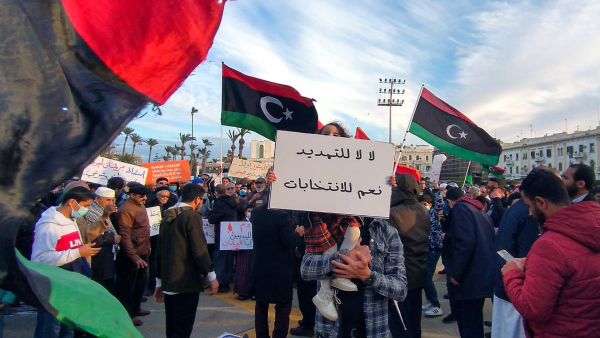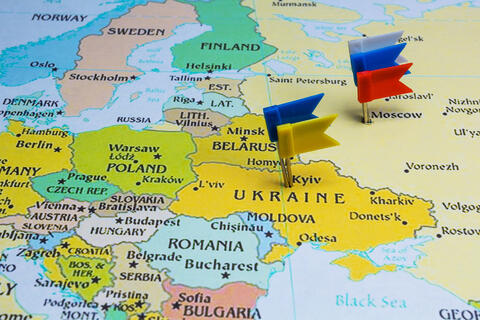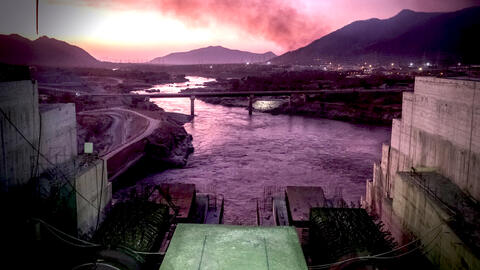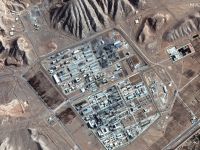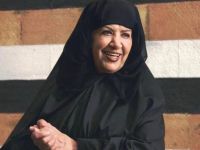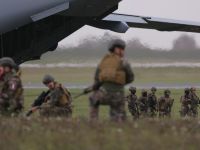By Farzad Ramezani Bonesh
Libya has been facing many challenges since 2011. With the formation of riots against Gaddafi's government, Gaddafi was finally defeated and a new government was formed. But differences led to the outbreak of civil war between different political groups.
Finally, during the UN-sponsored Libyan political talks in Geneva (2020), a permanent ceasefire agreement was signed and the Presidential Council and the Prime Minister of the Libyan Transitional Government were elected.
In fact, the agreement on Abdul Hamid Mohammed Al-Dabibeh as the head of the transitional government, a three-member presidential council and holding general elections on December 24, 2021, was an important part of the stabilization process in Libya. But as political disputes continued in the country and elections were postponed, the country's parliament appointed Fathi Bashagha as the new prime minister, replacing Abdul Hamid Dbeibah on February 10.
Current situation
Opponents say the election of Fathi Bashagha as prime minister of the Libyan parliament is against the Geneva agreement and the roadmap, and that the prime minister (Al-Dbeibah) has the right to remain in office. Bashagha's opponents blame the Supreme Judicial Council for any collapse in the election process. Supporters and armed groups have therefore entered the capital, Tripoli, to support al-Dabiba, calling for the dissolution of parliament and the Supreme Council of Government.
They described the actions of the House of Representatives as "politically ridiculous" and forged by a minority in parliament. Al- Dbeibah also rejected the parliament's move, saying he would not hand over power until after the election.
On the other hand, the parliament’s speaker has spoken about the expiration of the deadline for the government of Al-Dabibeh from December 24. In an article in the Washington Post, Fathi Bashaga pledged to hold elections next month. He said his main goal was to address election-related concerns and the need to focus on serious issues to ensure a successful election process.
Proponents of Bashaga say that the dismissal of Al-Dabibeh was the most important step for establishing security in Libya. Al-Dabiba's opponents believe that he is responsible for wasting the treasury, mismanagement, breach of commitment, remaining in office, and losing trust in the national unity government. This is despite the fact that some domestic and foreign actors, along with the Libyan National Army under the command of General Khalifa Haftar, have welcomed the appointment of Bashaga as the new Prime Minister.
Major challenges facing Libya until the general elections
Weak government and diversity of domestic actors:
The absence of a strong national government in Libya and its constituent components, such as the army, police, security forces, religious institutions, and the united economy after the fall of Gaddafi, is a flawed path to nation-building.
The existence of a tribal system in Libyan society has led to the creation of micro-states instead of a single nation-state. About 200 tribes, with dozens of them active in the Libyan crisis, with powerful figures backed by regional and supra-regional powers, are part of the challenge of reaching agreement and peace in the country. In addition to tribal militias, Salafi militias, and jihadist groups have abolished the government's monopoly on the legitimate use of force.
It is also important to convince different dissatisfied or failed groups. The ceasefire, which is the key axis of the Geneva agreement, is now in a precarious and fragile state.
In the meantime, although some blame Haftar for the continuing escalation of the conflict, and the failure of the talks to advance the peace process between western and eastern Libya, others blame Al-Dbeibah for his role in disrupting Libyan politics, non-dissolution of militants, and not holding elections. In fact, even a full participation in the next election does not guarantee the acceptance of all groups, and some parties and groups may not accept it.
Creating a unified procedure in financial and economic affairs:
Consolidating the budget, unifying procedures in financial and economic affairs, managing the value of the national currency, unifying the central bank and exploiting oil fields are important parts of Libya's need to reduce tensions and converge by the time of the elections.
But despite previous promises, there are still wide-ranging differences and challenges in achieving this goal and increasing transparency and ensuring a fair distribution of resources.
Creating popular laws and constitutions:
One of Libya's major challenges is drafting a constitution. There is no constitution and there is not even an agreement on basic principles. Power is also not clearly divided between parliament, the High Electoral Commission, and the judiciary, and they exercise their right to outlaw each other.
In this regard, everyone emphasizes the legitimacy of their approaches, but they are also accused of violating the law. However, on February 10, 2022, the House of Representatives approved the Twelfth Amendment to the Constitution with an absolute majority of 126 out of more than 147 deputies.
Opposition groups called for a boycott of the meeting, and some Western Libyan representatives did not attend. In fact, there is disagreement over the powers of leaders, the type of federal or unitary government, the type of rules and conditions, and the finalization of the list of presidential candidates without the development of laws and a popular constitution.
Libya's geopolitical position and the role of foreign actors:
Libya is important in three areas: geo-politic, geo-strategic and geo-economic. Libya is the interface between Gibraltar and the Suez Canal, and is a shield against the desert (preventing migration and terrorism from entering Europe) and has important oil and gas resources.
In the meantime, the dissimilar attitudes and approaches of the Security Council member states and the four NATO powers, including France, Italy, Greece and Turkey, along with other regional powers, are among the grounds for increasing fragmentation in Libya.
In fact, although initiatives such as the Berlin Conference (June 2020) have been formed with the help of foreign actors. But on the one hand, the United States has not been very active in the developments in Libya, and on the other hand, the United Nations, apart from monitoring the ceasefire and Security Council Resolutions 2570 and 2571, has not been able to put widespread pressure on resolving the crisis and issues such as withdrawal of 20,000 foreign and mercenary forces from Libya.
Consequences and outlook for the current situation
A year ago, Abdul Hamid al- Dbeibah, heading the new transitional government, had the mission of uniting institutions and leading the country towards presidential and parliamentary elections. But in the end it failed. Libya now has two prime ministers, deepening differences between East and West. Bashagha and Dbeibah, both in the western city of Misrata, have the support of rival armed groups in and around the Libyan capital.
Also, while the opposition fears that Haftar will suppress them by occupying Tripoli and uniting the country by military means in April 2022, the type of reactions of the groups could lead to the emergence of parallel governments and previous crises (confrontation of two major powers) in Libya.
Although Bashagha has emphasized the formation of a comprehensive national unity government, cooperation with the House of Representatives and the pursuit of elections and the spread of peace throughout Libya but we are now witnessing disagreements over the rule of law, official institutions regarding electoral laws and the electoral process.
There have also been many regional and global initiatives for peace and stability in war-torn Libya, but the role of the United Nations, along with the imposition of sanctions and widespread international pressure and neutrality , on major differences between the two main Libyan factions and the emphasis on elections as only a "valid" solution in the country can be useful.
In fact, the position of the United Nations and the great powers will be important in determining the outcome of the disputes.
In fact, although, major steps were to be taken last year to hold elections, disband militias and withdraw foreign forces, and unite governing institutions, But despite widespread ambiguities in the future, the approach of the actors in Libya could be set back at any moment or on the brink of civil war and even disintegration.
Also, holding one-sided elections without national consensus will practically increase the scope of the crisis and the dispute over the holding elections and its results.
The Libyan experience shows that the end of the crisis does not end with the defeat of one and the victory of the other. On the contrary, the consensus of the actors on the roadmap for political dialogue, maintaining the ceasefire, forming a national government and then holding elections can save the country from conflict and respect the will of millions of voters.


